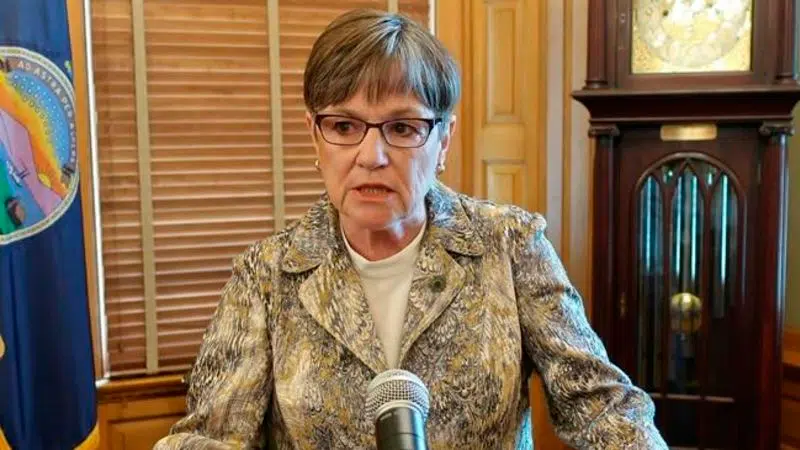
Kansas’ new governor vetoes mandate on abortion ‘reversal’
TOPEKA, Kan. — Kansas’ new Democratic governor on Monday vetoed a measure that would require clinics and doctors to tell their patients about a disputed treatment to stop a medication abortion after a woman has taken the first of two pills.
The action by Gov. Laura Kelly, an abortion-rights supporter, sets up a confrontation with a Republican-controlled Legislature that has had solid anti-abortion majorities for more than two decades. Supporters of the abortion “reversal” bill appeared to have the two-thirds majorities needed in both chambers to override Kelly’s veto once lawmakers return on May 1 from a weekslong break.
Abortion opponents contend the bill ensures that women who harbour doubts about ending their pregnancies will learn that they can stop a medication abortion by taking the hormone progesterone. Abortion-rights supporters say the proposal would force doctors to provide dubious information to their patients.


